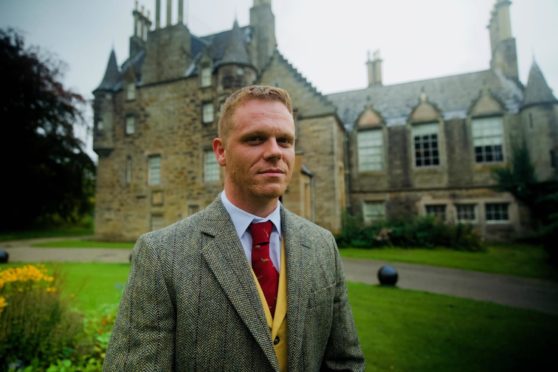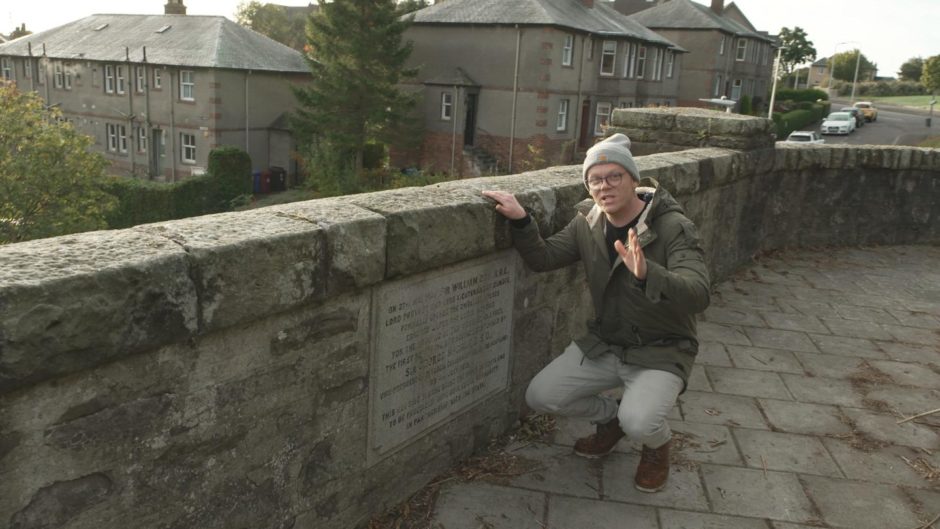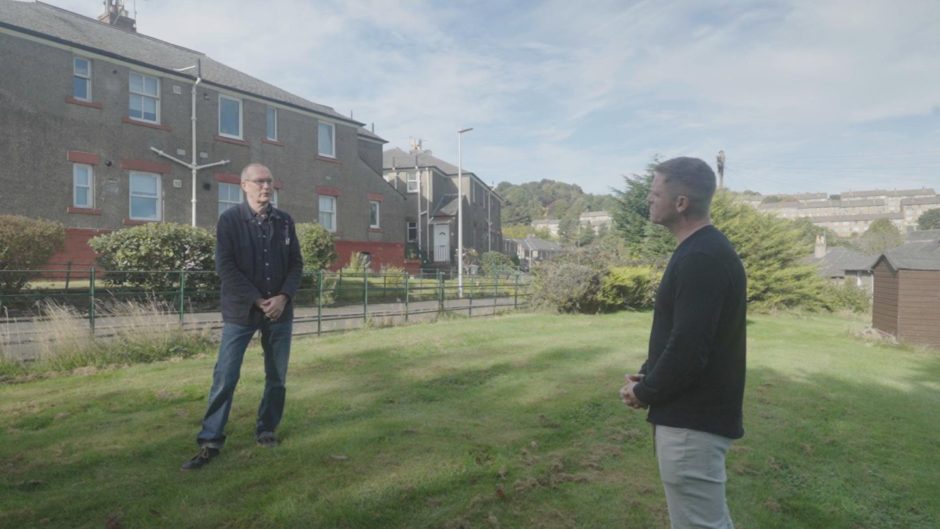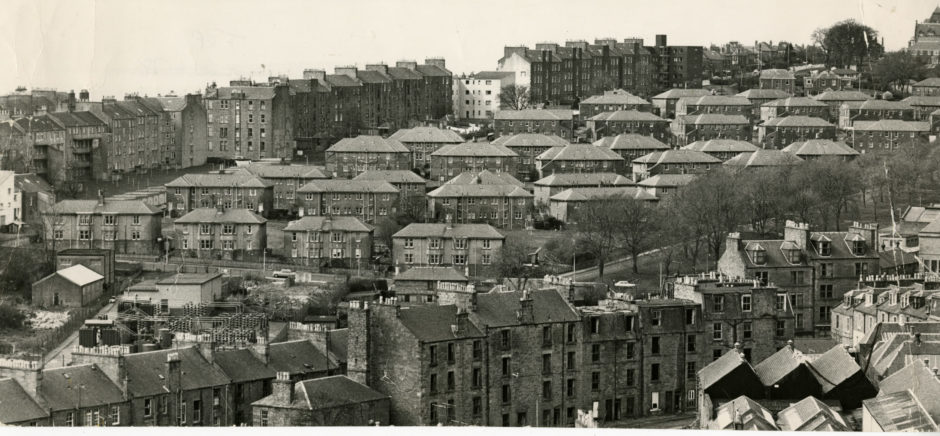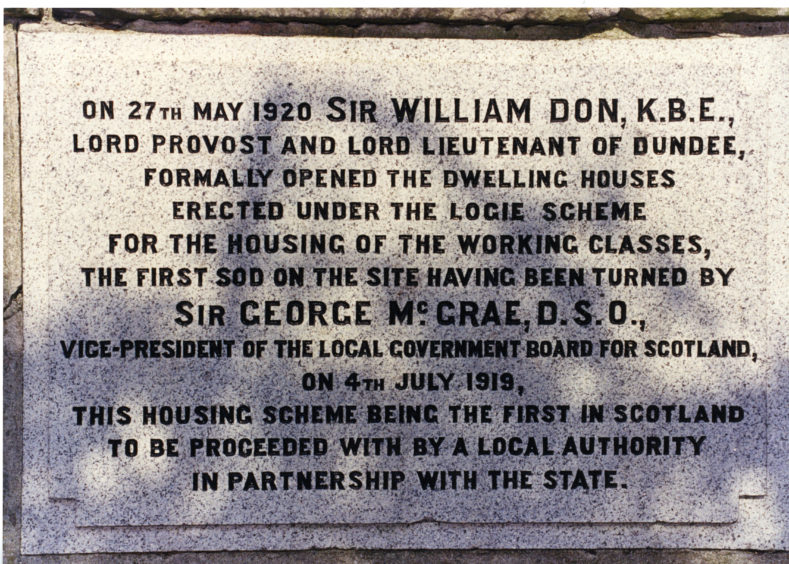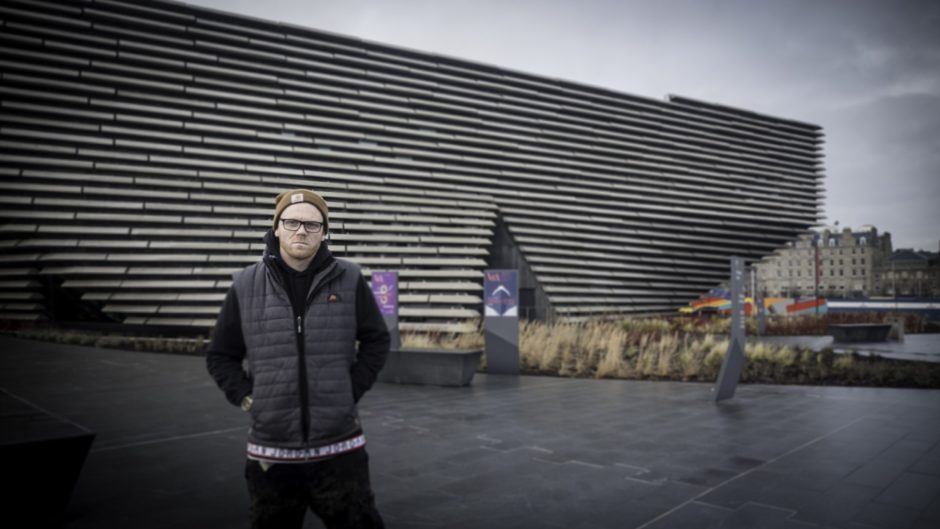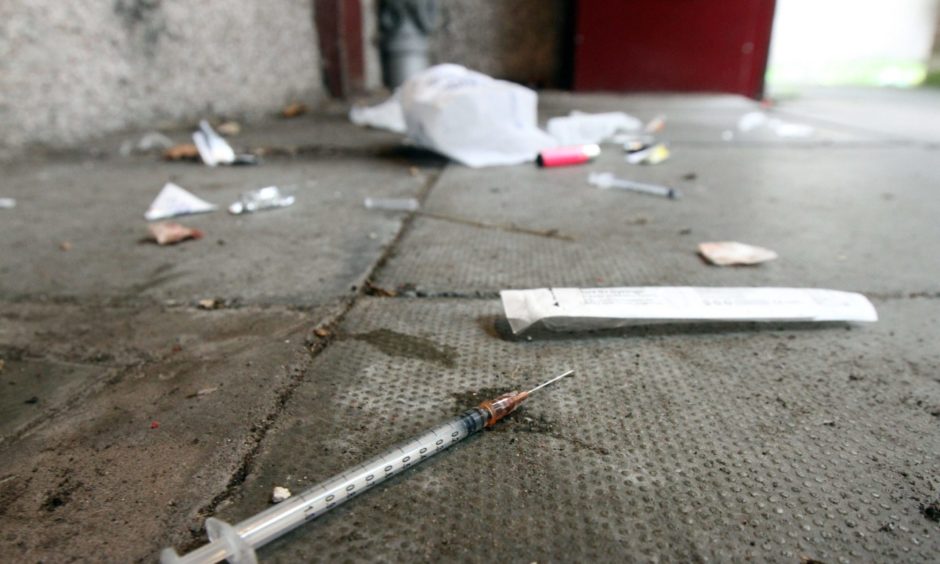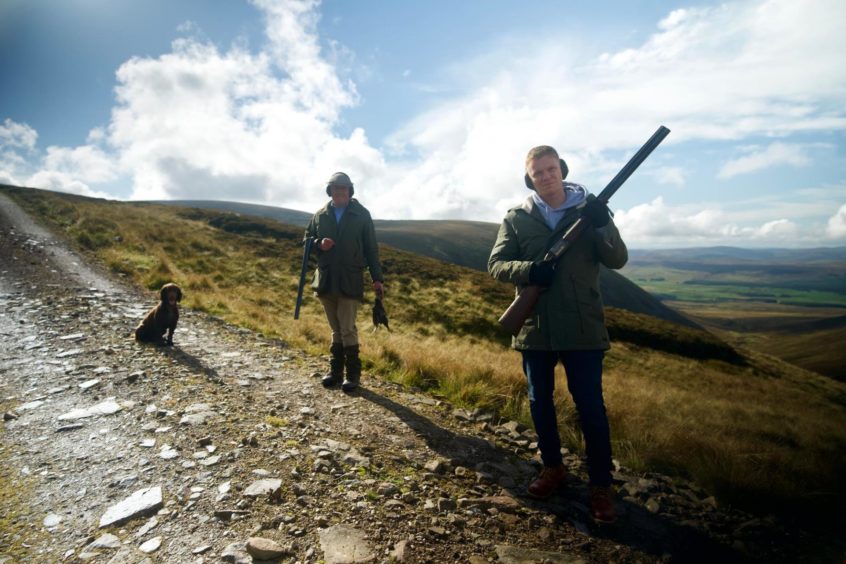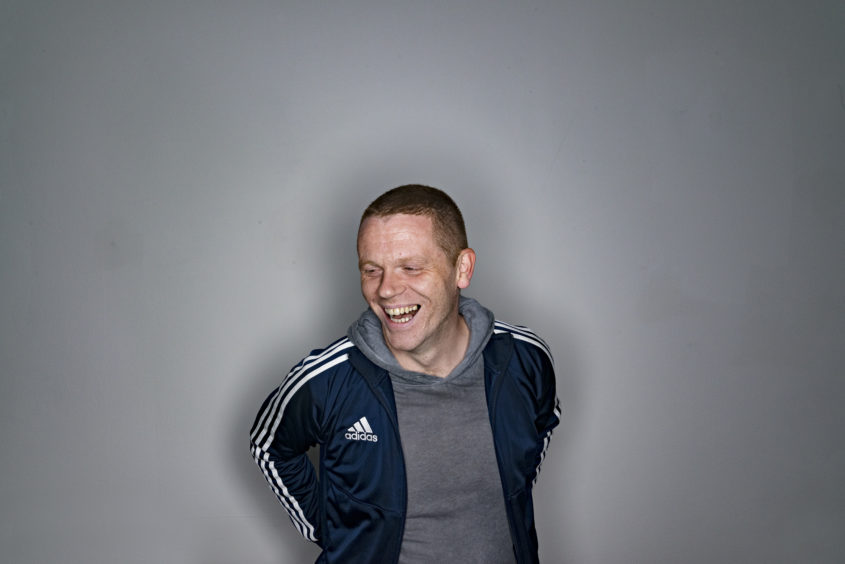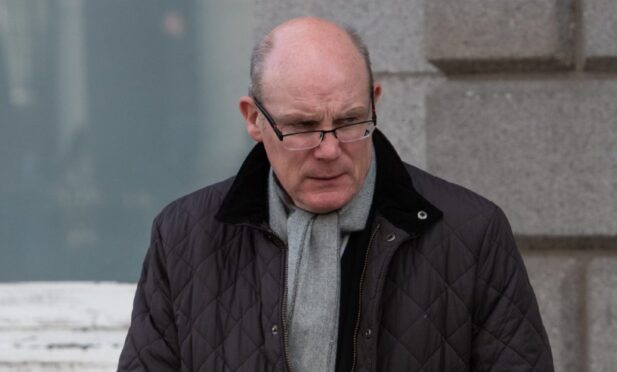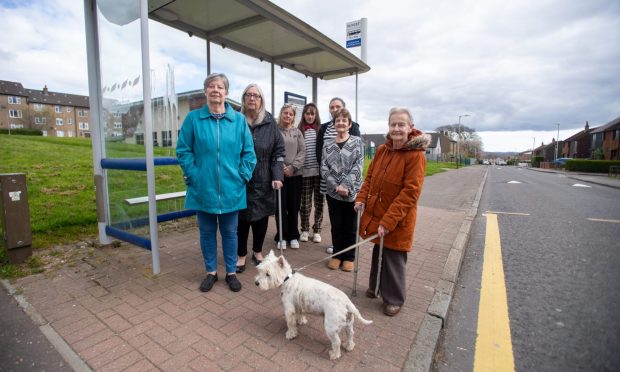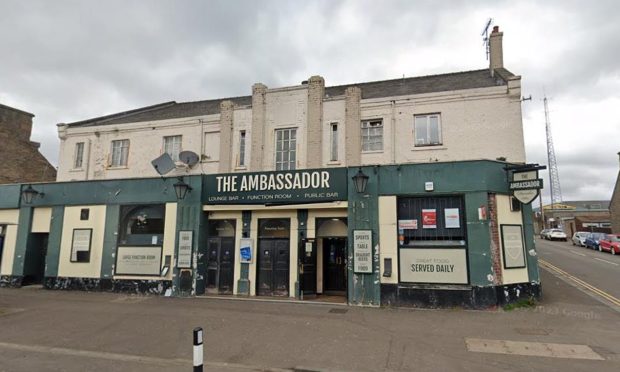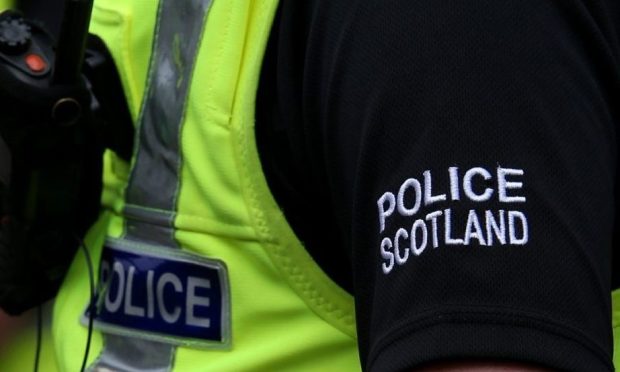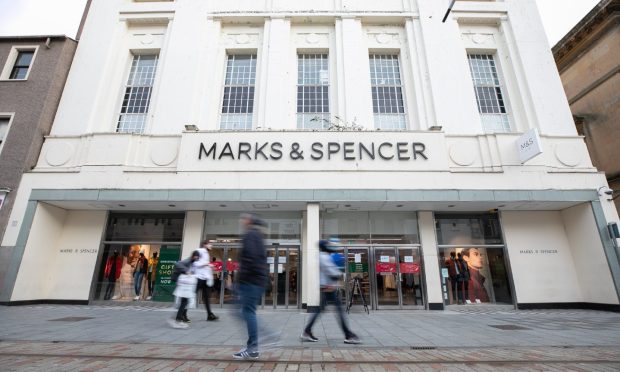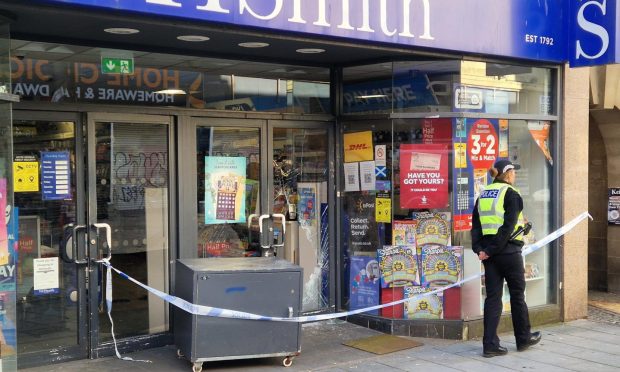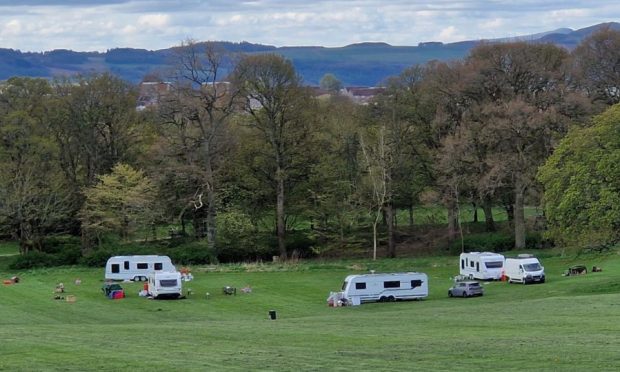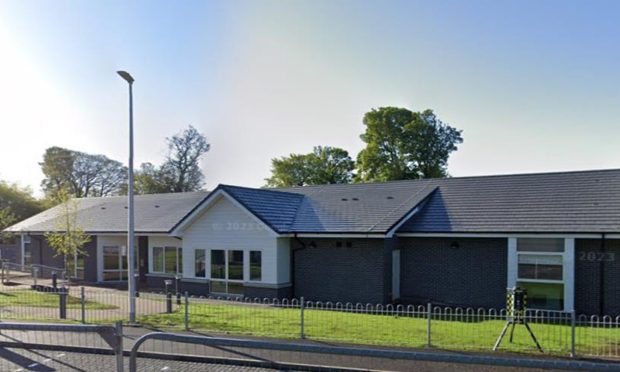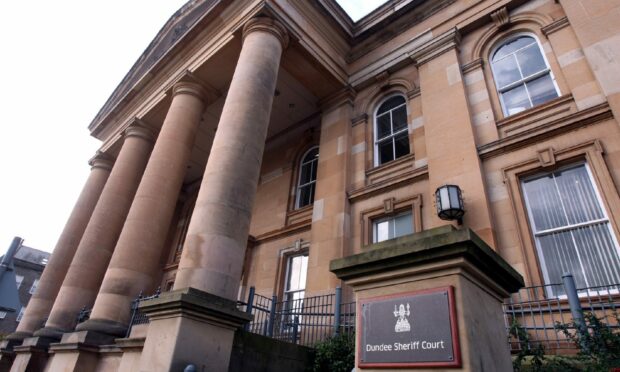Michael Alexander speaks to rapper and social commentator Darren McGarvey as he visits Scotland’s oldest council estate in Dundee and confronts the existence and impact of social class today in a new TV series.
Social activist Darren McGarvey has spent a lifetime railing against the middle classes.
All his life he’s been talking about poverty and all his life people have been insisting that social class is no longer relevant.
He knows it is relevant because he’s experienced it on both sides of the tracks.
But the rapper and social commentator, who grew up amid a sea of poverty in Pollok, Glasgow, to become, by 18, “another angry, confused young man with alcohol and drug problems”, says he’s at a “crossroads” and is now starting to question his own social class.
That’s because following the publication of his 2018 Orwell prize-winning book Poverty Safari, the father-of-two young children has been afforded the very “middle class” lifestyle he’s spent much of his life slagging off.
The experience has even found its way into his music under the name Loki with his latest song Run To It not just exploring his journey but the way he feels he’s been perceived by others throughout it, mainly because of his background – the way he looks, his accent and the way he dresses.
Now, in his latest TV series Class Wars, Darren roves Scotland – including visits to Dundee and Angus – where he continues exploring just how entrenched social class in Scotland remains.
Exploring whether we are all born equal or whether some are born more equal than others, he speaks to members of the population to see how closely – or otherwise – their notions match his own.
He examines how social class and where we live have far reaching consequences and examines how this impacts our lives in ways that few realise – from our addictions to our qualifications, violence to who owns the very land we stand upon.
‘Massive effect on our destinies’
In an interview with The Courier, Darren explained how a visit to the Logie Estate in Dundee – Scotland’s oldest housing scheme – and to the Rottal estate in Angus, underlined “that our social class, and where we live, has a massive effect on our destinies”.
“I was fascinated by the Logie Estate in Dundee because officially it’s the first housing scheme, over 100 years old,” he says.
“What you notice about it is that a lot of thought has gone into its design which is indicative of the decline in town planning and community planning subsequent to that.
“There’s a plaque right at the top of the estate that commemorates it officially being opened.
“It actually uses the language of class in it. ‘This Logie estate was created for the benefit of the working classes in partnership with the British state’.
“It shows class was a live issue and something openly discussed until very recently in our social history.
“But the language has just been eradicated because it’s a dangerous topic for people in power to evoke.”
Darren says he was struck by how on the surface, and given its age, there are problems with the structural side of the Logie Estate.
However, on the whole, it strikes him as a lower middle class community.
“That’s partly because of the people that live in it,” he says.
“What that tells you is the value of a home – the general tone of a community – is not judged by the quality of the housing or the design, it’s by the social status of the people who occupy the houses.
“That really shows you the power of class when you have lots of people of one class living in one place and lots in another.
“The whole tone and general conception to the wider community of the status entailed by that is absolutely determined by the social status of the people who live there.
“It’s quite odd when you think about it. I read a thing recently that house prices can be affected by things like just being close to a Greggs bakery because Greggs is associated with the working classes like pastry and sausage rolls. It’s mental that something like that can suppress house prices!”
Social class and poverty are ‘entwined’
In 2019, Darren, a former drug user, whose mum died of alcohol-related problems, revealed he was “shocked” by the scale of the drugs crisis when he visited Dundee for a previous documentary series which tackled the “biggest ugliest issue facing society”.
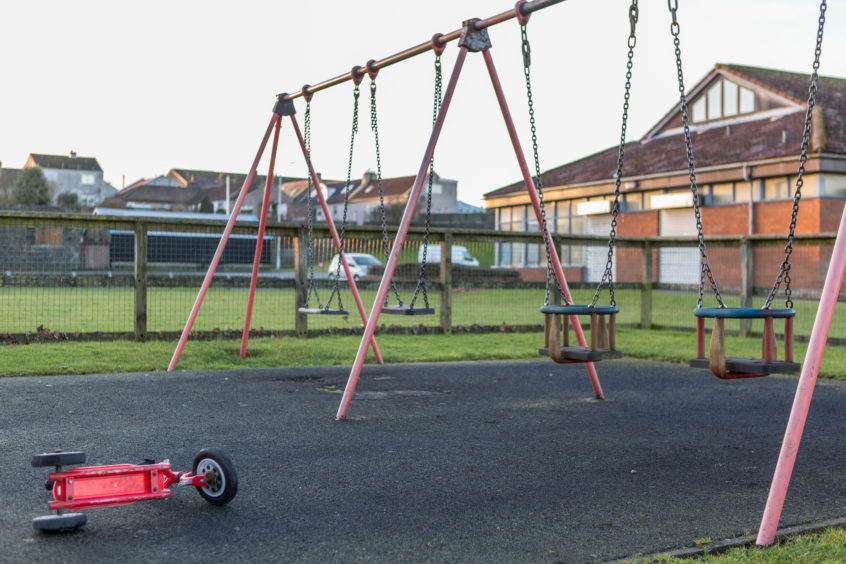
The first episode of that series focused on Dundee, which in 2018 celebrated the opening of the V&A as it also became ‘Europe’s Drug Death’ capital.
While the drug deaths statistics in the city continue to be shocking, it was the desperate human stories behind the numbers that really hit home as Darren immersed viewers in a “world defined by poverty”.
This latest series doesn’t go into issues of poverty as such.
But Darren insists that issues of class and poverty are often deeply entwined.
“One of the reasons that any real action has not been taken by the drugs death crisis,” he says, “is that by and large – maybe excluding a couple of people – it’s not the children or family of the political classes that are affected by this, so there’s an issue of proximity there straight away which is absolutely central to understanding class inequality.
“When people who are in charge of managing social change have no experience of social problems then they have to fill in the gaps with advice from experts who often know just as little as they do except in theory.
“Unfortunately history shows that for every bit of progress we’ve had – whether subsequent attempts at regeneration in Edinburgh or Glasgow – we see some of these communities need to be demolished in 10 or 15 years despite being designed by the best architects, despite all these promises of a utopian future coming into view.
“They always attribute that to the poverty. They never attribute that to the blind spots of being affluent and in many ways being insulated from social reality that’s experienced by many people outside that privileged bubble.
“That’s why this series – and I was only interested in doing it for the opportunity to explore this – is not just about poor people, it’s not about poverty – it’s about the flip side of the inequality coin.
“It’s about challenging viewers about their assumption about themselves.”
‘Disarmed’ by Angus estate experience
During his trip to a grouse shoot at the Rottal Estate in Angus – 30 miles away from Dundee but a world away from urban Scotland in other terms – Darren discovered that the answer to land inequality might not be as simple as he once thought.
“I was surprised how well I got on with the land owner,” he says.
“I went up there to grandstand for the cameras but I was quite disarmed by what I saw.
“When I met this guy he was very charming, very genteel, a very thoughtful and sensitive man, interested in nature. He didn’t inherit his acreage.
“That doesn’t change the broader realities of class that one person owns a lot of land. That’s unfair.
“Take recent issues at Langholm. The idea that the economic and social fate of so many can lie with an owner who inherited.
“But when get up close it can often be more complicated.”
These experiences have further made him think about the class perception “crossroads” he faces in his own life.
“Following my book publication, if you are basing it on the last few years pre-pandemic on money you make and privileges you enjoy, I was falling temporarily into the upper middle class economically,” he says.
“That’s quite a dramatic and disorienting ascent up the social ladder and one that took me a while to deal with and partly led to me ending up with me in rehab.
“When I say all this I’m not living a luxurious lifestyle. I still live in East Kilbride in the same house we lived in before the book came out.
“But we are not exposed to the same financial anxieties or the same having to tighten our belts or benefit sanctions that people I work with in poverty have to deal with every day.
“There is a certain tension – you feel within yourself you’d like to explore this new life and the opportunities and enjoy the success but then there’s also this fear that in doing so you may lose part of yourself in the process of doing that.
“In the process of getting up and getting on you may inadvertently forget where you came from.
“I think for me remembering where you come from is not just important in terms of the vanity of it.
“I often sometimes imagine the people of Pollock who know me angrily rejecting me because they see me as some kind of sell out or something.
“But a lot of that is in my imagination. If you actually were to get up and on and move into a more middle class community it’s not long before you forget what it’s like to struggle and then you start to internalise all these daft ideas that explain it for middle class people like meritocracy and poverty of aspiration.
“All these kind of comforting ideological opiates that are really just there to help people who enjoy advantages in life feel better that there are so many people out there who are f*cked!
“That conflict there is what I’m exploring in all my work just now.
“We get a lot of stuff about poverty. We get a lot of stuff about people becoming successful and making it and all that. We don’t really hear a lot about what is the in-between point? There’s a lot of soul searching going on.”
How and when to watch
*The second episode of Darren McGarvey’s Class Wars airs on February 16 at 10pm on the BBC Scotland channel.
